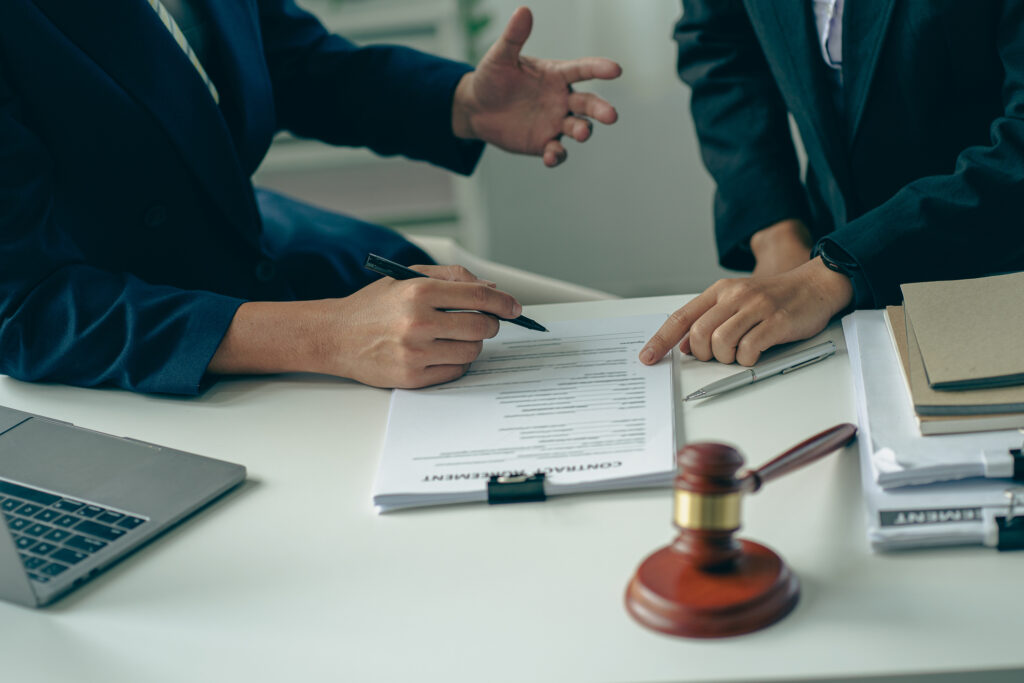
Bankruptcy cases are intricate and multifaceted, involving matters going beyond the fundamental process of declaring bankruptcy. One of these complexities is the adversary proceeding, a type of lawsuit within the framework of a bankruptcy case. This article explores the intricacies of adversary proceedings, shedding light on the issues they address and how they impact bankruptcy cases.
The Nature of Adversary Proceedings
Adversary proceedings essentially refer to lawsuits that occur within a bankruptcy case. They are subject to bankruptcy rules and are separate from the case itself, though they are interrelated. These proceedings commence by filing a complaint in the bankruptcy court and involve a plaintiff (the party initiating the complaint) and a defendant (the party against the complaint).
Common Issues in Adversary Proceedings
Adversary proceedings can arise from disputes related to the bankruptcy process. Some encountered issues include:
Challenges to Debt Discharge: Creditors or the bankruptcy trustee may file a complaint challenging the ability to discharge debts. This often occurs if there are allegations that the debtor incurred debts through means of harm to another individual or entity or other disqualifying reasons as per the Bankruptcy Code.
Determining the Dischargeability: Some specific debts might face scrutiny when it comes to their eligibility for discharge. For example, debts incurred through activities or certain unlisted debts may not be able to be discharged.
Actions for Recovery: These actions involve recovering money or property for the bankruptcy estate. They can include actions to address transfers (when the debtor is suspected of transferring assets to avoid creditor claims) or preference actions (when the debtor is believed to have favored one creditor over others).
Disputes over Liens: Adversary proceedings can also resolve disputes related to the validity, priority, or extent of liens on the debtor’s property.
Revocation of Discharge: In some situations, a party may attempt to have a debtor’s discharge removed if it was obtained fraudulently.
Initiating an Adversary Proceeding:
An adversary proceeding commences with the submission of a complaint in the bankruptcy court. This complaint must outline the plaintiff’s claims against the defendant. Specify what relief is being sought. The defendant is served with the complaint. They must respond within a 30-day timeframe. Failing to respond can lead to a default judgment against the defendant.
The Process and Resolution:
The process of an adversary proceeding follows steps such as a civil lawsuit. Here are the stages involved in adversary proceedings including pleadings, discovery, pre-trial motions, and potentially a trial. Proceedings can be resolved through methods such as negotiations between the parties, a judge’s decision, or a trial verdict.
The results of adversary proceedings have an impact on the bankruptcy case. For example, if an objection to discharging a debt is successful, the debtor will still be responsible for that debt after the bankruptcy. Similarly, determining the validity of a lien can affect the amount of money to creditors in the bankruptcy estate.
Given the nature of these matters, parties involved in adversary proceedings often require skilled legal representation. Hiring attorneys specialized in bankruptcy law can be extremely helpful, as they ensure their client’s rights are protected and guide them effectively through the proceedings.
Adversary proceedings play a role in resolving disputes that directly influence the outcome of a bankruptcy case. It is essential for anyone involved in bankruptcy – whether as a debtor, creditor, or another interested party – to understand these proceedings. Seeking advice from counsel is highly recommended to navigate these procedures successfully.


Get a Free Bankruptcy Case Evaluation